News
Against the Tropes: Five Black Women in Horror Discuss Racism, Sexism, and More
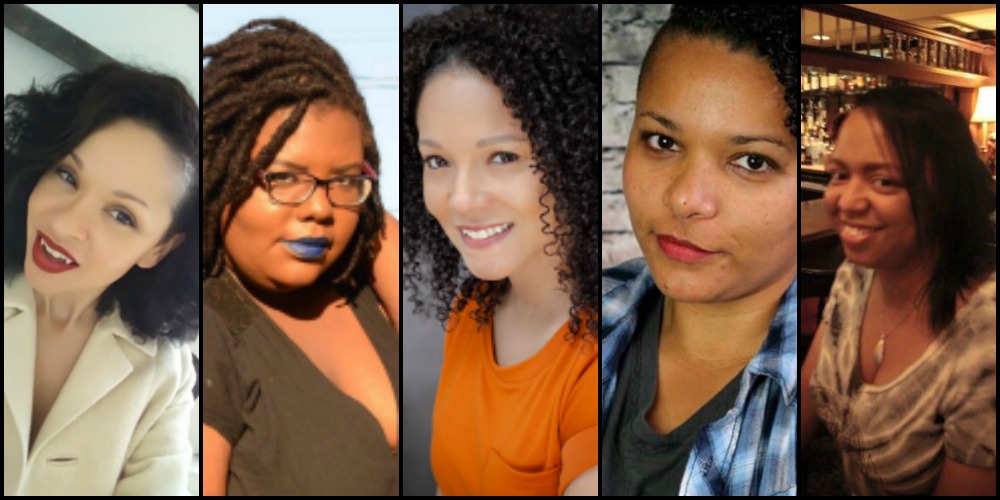
Some of you may have recently read about Rachel True and her blatant omission from convention reunions for The Craft. The singular black actress in the film has been excluded from events since the film’s release, including an MTV awards show in which her three white co-stars were asked to present an award while she sat, watching from the audience.
Public response was immediate and divided. While some lauded True for speaking up, others called her out implying that maybe she just didn’t have the drawing power the other three had for conventions and other appearances.
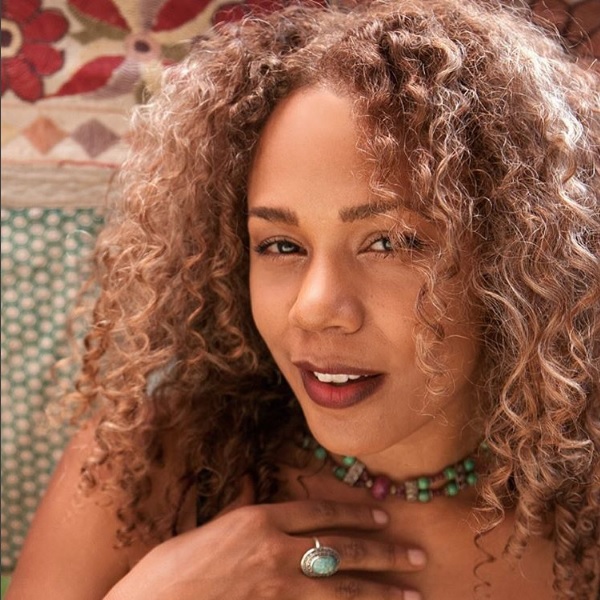
Anyone who knows my work will realize that this immediately sounded alarm bells in my head, and I wanted to write about the actress’s exclusion, and the presence of racism in the horror business both in front of and behind the camera.
There was only one problem, really. I’m a white guy, and while I am also gay and understand marginalization on that front, I’m also aware that the “white” part of my description comes with certain privileges that others do not share.
In order to write about the realities of racism and sexism in the film industry, I needed those who had experienced it for themselves first hand.
As it happens, February is both Black History Month in the States and Women in Horror Month, and I saw this as an opportunity to combine both of these celebrations to discuss this serious matter.
I sent messages to three indie filmmakers I knew in particular who quickly added two more names to the list and last Sunday, the five of them sat down with me via phone to discuss issues that, despite what some may tell you, have not improved nearly enough in the U.S. especially.
Over the following hour I sat in awe as these phenomenal women took me into their confidence and related stories to me and each other, comparing experiences within the business of horror film-making.
We began our discussion with Rachel True’s situation, and it quickly became clear not only what the actress meant to these women, but also how her treatment echoed their own experiences.
“What has been going on with Rachel has really resonated with me,” Dallas-based writer/director/actress Tiffany Warren began. “I’ve struggled so much with finding roles that I finally broke down and asked a casting director here in Texas why. Is it something I’ve done wrong? And I’ve actually gotten feedback that they just don’t know what to do with me because I either don’t look ‘black enough’ or I’m too ethnically ambiguous.”
Not black enough? What does that even mean? I immediately thought of the Ruby Rose/Batwoman situation where toxic fans implied she wasn’t lesbian enough to play the role, and made a mental note to return to the subject.
“I think what she [Rachel True] has experienced is valid, but I don’t know if it’s intentional racism,” Warren continued. “One of the things I have noticed is that when she talks about her story, people will say things like, ‘There’s just not a demand for black people in horror’ or ‘There’s just not a lot of fans who are black in horror.'”
“Okay, that’s a straight lie,” interjected award-winning screenwriter and director Lucy Cruell. “I’m going to say that right quick. That’s an absolute lie.”
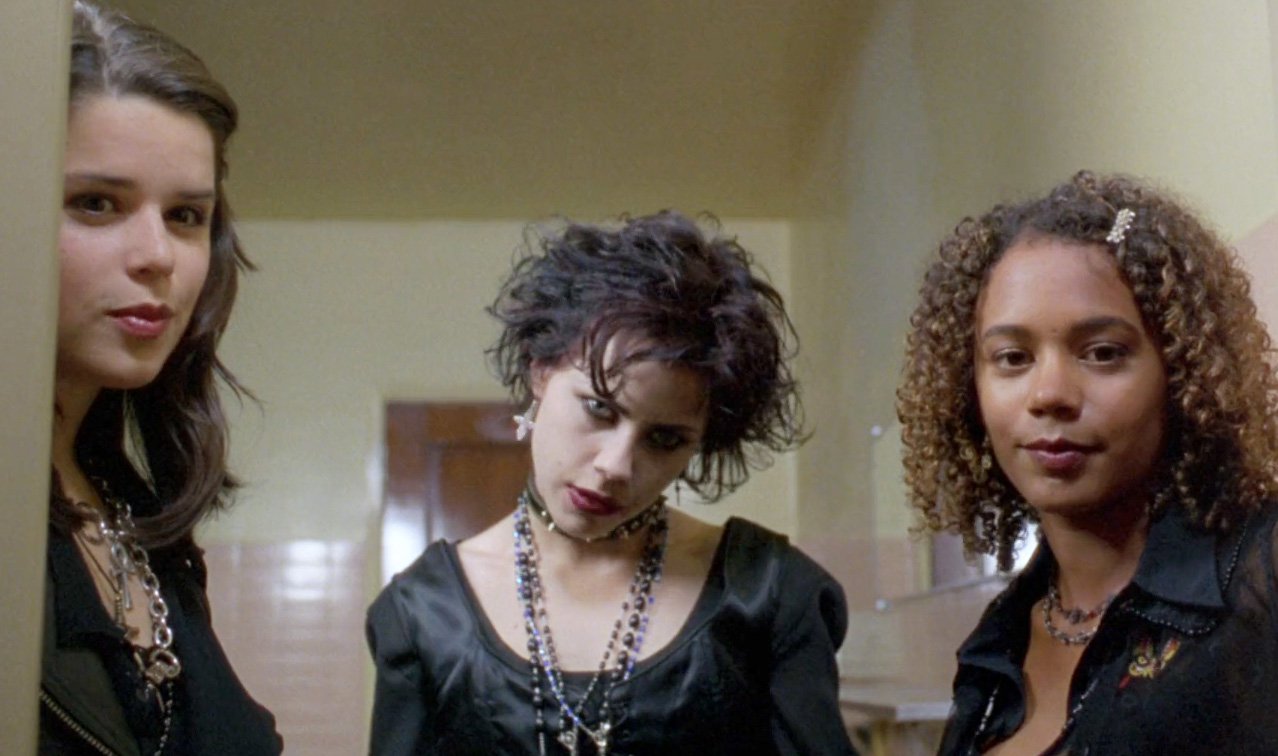
“It’s just racism,” San Francisco based writer and director Comika Hartford continued. “It’s more than just individual people making racist decisions. It’s because we live in a racist nation built on genocide, slavery, and murder. What I’ve found is that things are not getting better, and I’ve found that these people have set themselves up as the gatekeepers of ‘blackness.’ It’s about dividing who is ‘acceptable black’ from who is not.”
“We’ve seen the backlash she’s received from promoters and convention planners who want to spin her response,” added Drexel University alum and award-winning screenwriter Chris Courtney Martin. “They say, ‘Oh we were going to call you, but you just screwed up.'”
“That’s gaslighting because she called them out.” Hartford said.
Gaslighting refers to manipulation by sewing seeds of doubt in a person’s sanity or reliability. The terms comes from the 1944 George Cukor film, Gaslight, in which Charles Boyer attempt to drive Ingrid Berman insane.
“Her representation had already reached out and were told they weren’t interested,” Warren pointed out.
“So now, they sit and spin the ‘angry black woman’ narrative and make it seem like she was being aggressive and belligerent,” Martin continued, “and they don’t want to work with her when we already know it came down to racism.”
“If you make a peep, you get that angry black woman stereotype,” Cruell said. “If you complain or question even in the nicest possible terms, that stereotype pops up faster than you can get to the question mark.”
Cruell went on to relay her own experiences growing up in a small town where everyone knew everyone, and how it created a sort of “racial unawareness” of what was going on in the world around her.
When, after attending Harvard Law School, she decided to pursue screenwriting instead, the systemic racism and sexism she met was almost baffling, but that people like True speaking up offers validation to her own experiences.
“It took me a while to figure out when I was first starting out,” she explained. “I kept getting awards and winning fellowships and then I’d meet some guy who won third place in one contest and he already had an agent and a manager. It just kept happening and you get to the point where you’re just confused and you don’t know where to turn and you need to know if this is happening to other people.”
She went on to describe the situation as something akin to the old Twilight Zone episode “Five Characters in Search of an Exit” saying that they’re all looking for the door but only the [white] men in charge can present it, and it doesn’t appear that they’re ready.
For those who think these women might be exaggerating, I would point out to you that while the number of men of color directing big screen releases has increased over the last couple of years, the number for women of color is still abysmally low.
In fact, according to Variety, when reporting on the top 100 films for each of the last 12 years, they pointed out that out of 1200 titles, there were only five black women directors at the helm and only three Asian women and one Latina.
It’s downright maddening when one considers the perspectives we’re missing by not including these voices.
But let’s get back to that question of what it means to “not be black enough.”
“My question for that is always ‘What’s your interpretation of black?'” Georgia-based filmmaker and actress Melissa Kunnap said. “Their answer is usually something very stereotypical and I’m going to say, ‘So are you the benchmark for a white person?’ When they say that, no, white people come with all kinds of backgrounds and education levels I tell them so do we. Your idea of what a black person is, that’s just a stereotype and that is not who we are in the world.”
“White people think they are in charge of policing blackness,” Hartford added. “There’s also the issue of enforced colorism in the U.S. That’s a big part of the problem and its definitely a European disease that affects other cultures. When you’re dealing with colorism, you’re dealing with the after-effects of colonialism.”
For those unaware, “colorism” refers to a stratification based on skin-tone where certain qualities, characteristics, advantages, and disadvantages, are ascribed to the varying shades of lightness and darkness of a person’s skin color.
“I don’t think they realize how dehumanizing it is,” Cruell said. “It’s almost like they’re separating and deciding what it is to be human. They can be anything from a country and western singer to a headbanger, but you’re only allowed to be this one thing. We’re limited by the boundaries that one race has laid out for another. It’s annoying and limiting.”
“Every black person everywhere has to represent every black person everywhere,” Hartford added “but white people are ‘normal’ and get to be individuals.”
Continue to the next page for more!
'Civil War' Review: Is It Worth Watching?
Follow our new YouTube channel "Mysteries and Movies" here.

Movies
‘Longlegs’ Creepy “Part 2” Teaser Appears on Instagram
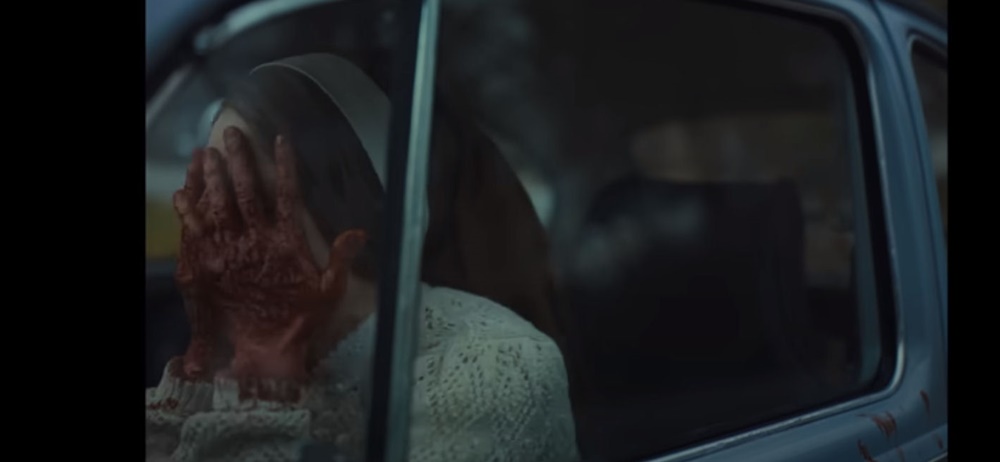
Neon Films released an Insta-teaser for their horror film Longlegs today. Titled Dirty: Part 2, the clip only furthers the mystery of what we are in for when this movie is finally released on July 12.
The official logline is: FBI Agent Lee Harker is assigned to an unsolved serial killer case that takes unexpected turns, revealing evidence of the occult. Harker discovers a personal connection to the killer and must stop him before he strikes again.
Directed by former actor Oz Perkins who also gave us The Blackcoat’s Daughter and Gretel & Hansel, Longlegs is already creating buzz with its moody images and cryptic hints. The film is rated R for bloody violence, and disturbing images.
Longlegs stars Nicolas Cage, Maika Monroe, and Alicia Witt.
'Civil War' Review: Is It Worth Watching?
Follow our new YouTube channel "Mysteries and Movies" here.
News
Exclusive Sneak Peek: Eli Roth and Crypt TV’s VR Series ‘The Faceless Lady’ Episode Five
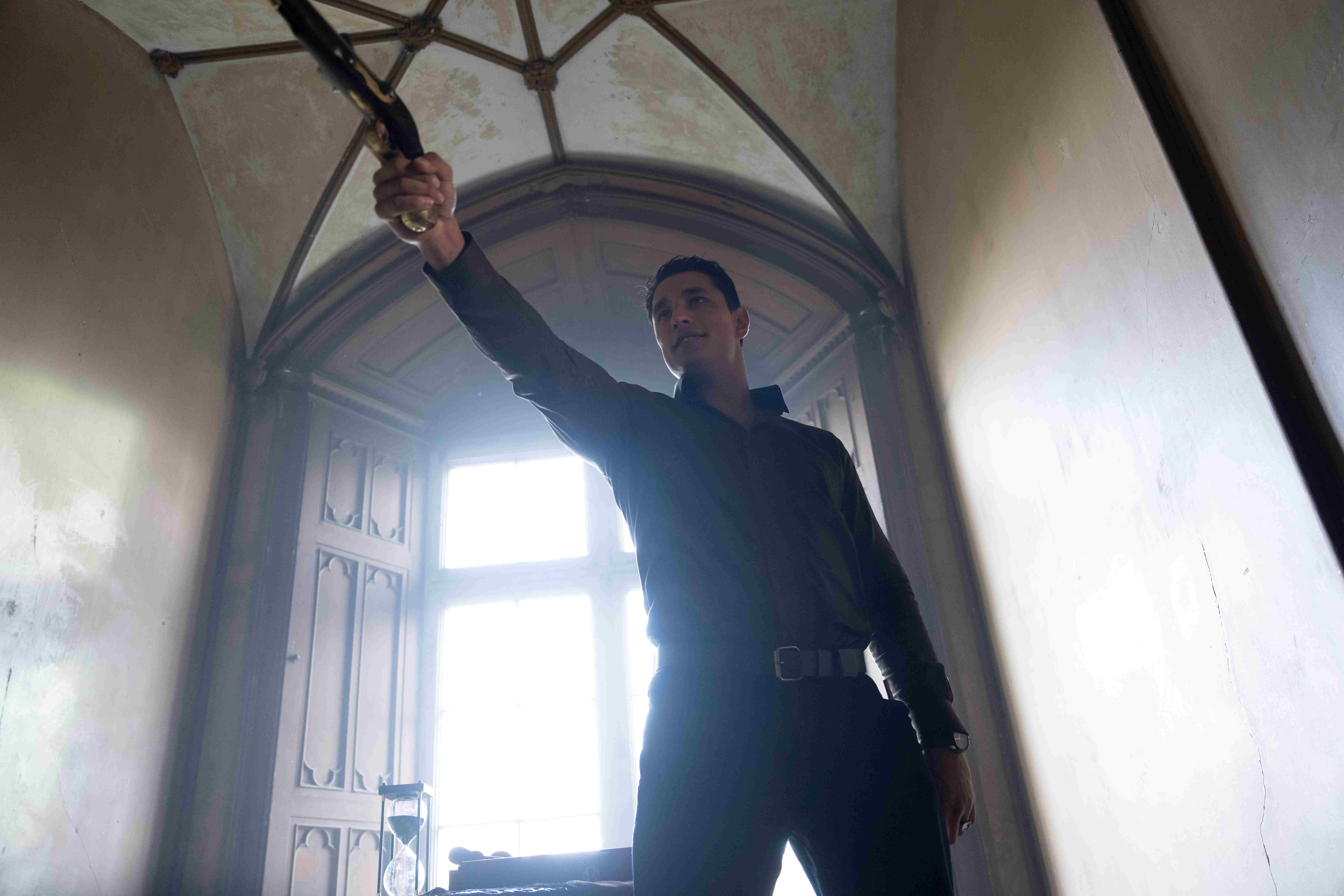
Eli Roth (Cabin Fever) and Crypt TV are knocking it out of the park with their new VR show, The Faceless Lady. For those unaware, this is the first fully scripted VR horror show on the market.
Even for masters of horror like Eli Roth and Crypt TV, this is a monumental undertaking. However, if I trust anyone to change the way that we experience horror, it would be these two legends.
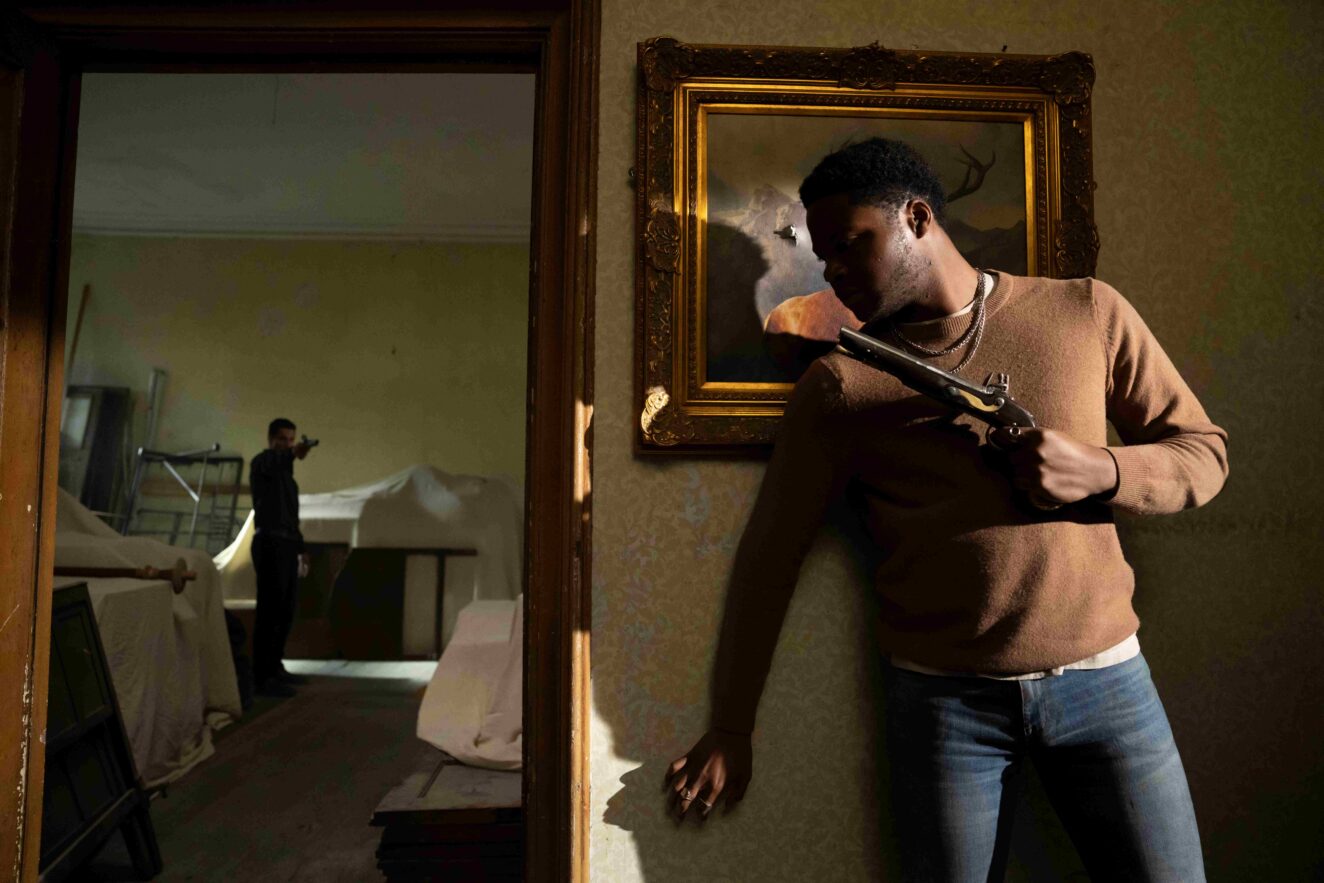
Ripped from the pages of Irish folklore, The Faceless Lady tells the story of a tragic spirit cursed to wander the halls of her castle for all of eternity. However, when three young couples are invited to the castle for a series of games, their fates may soon change.
So far, the story has provided horror fans with a gripping game of life or death that doesn’t look as if it will slow down in episode five. Luckily, we have an exclusive clip that may be able to satiate your appetites until the new premiere.
Airing on 4/25 at 5pmPT/8pmET, episode five follows our final three contestants in this wicked game. As the stakes are raised ever higher, will Ella be able to fully awaken her connection with Lady Margaret?
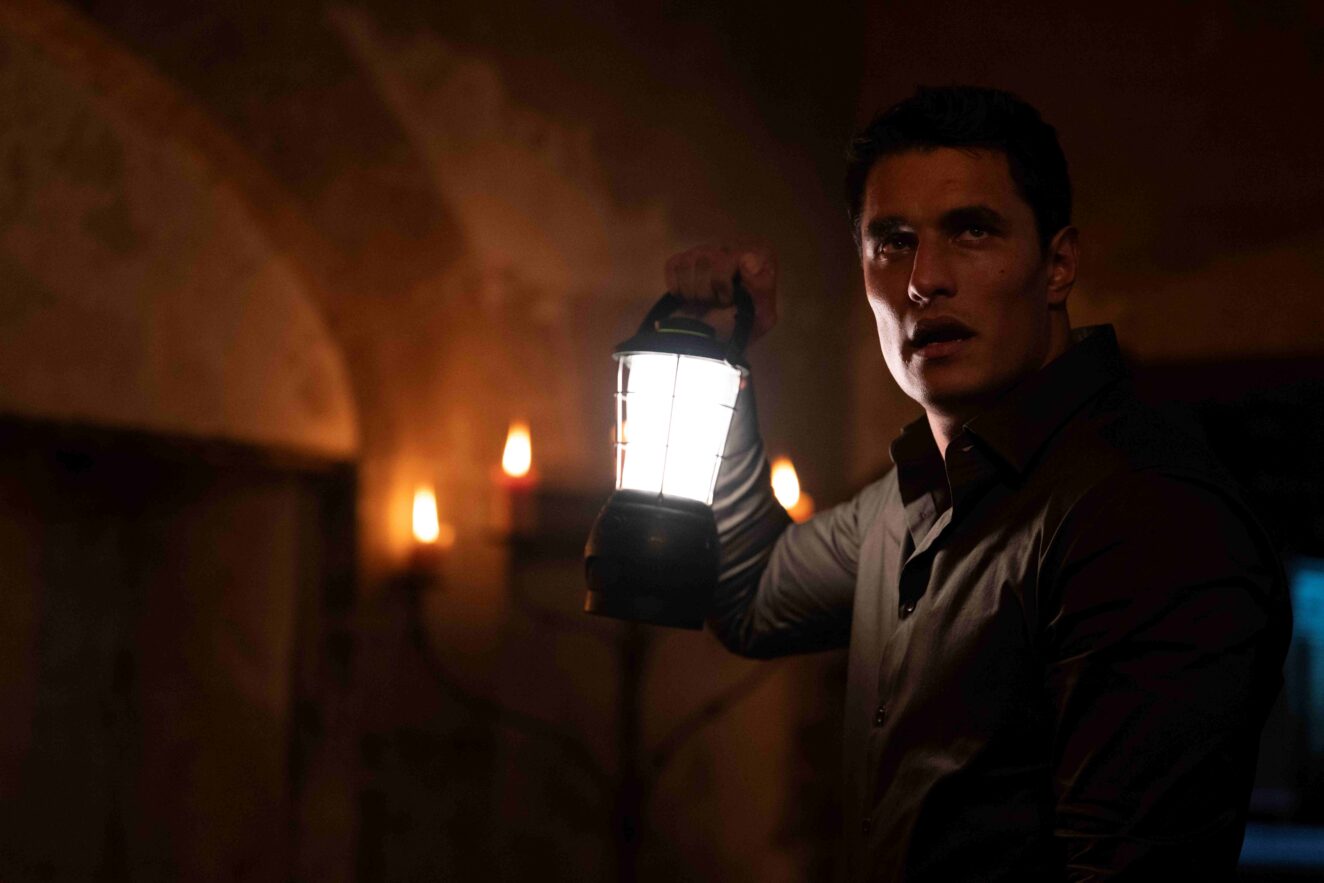
The newest episode can be found on Meta Quest TV. If you haven’t already, follow this link to subscribe to the series. Make sure to check out the new clip below.
Eli Roth Present’s THE FACELESS LADY S1E5 Clip: THE DUEL – YouTube
'Civil War' Review: Is It Worth Watching?
Follow our new YouTube channel "Mysteries and Movies" here.
News
‘Blink Twice’ Trailer Presents a Thrilling Mystery in Paradise
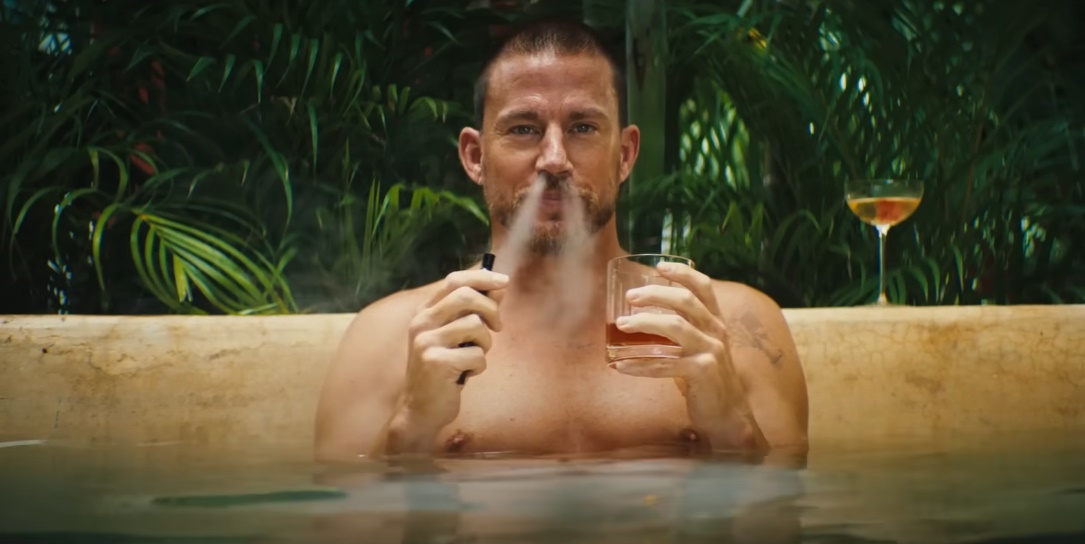
A new trailer for the movie formerly known as Pussy Island just dropped and it has us intrigued. Now with the more restrained title, Blink Twice, this Zoë Kravitz-directed black comedy is set to land in theaters on August 23.
The film is packed with stars including Channing Tatum, Naomi Ackie, Alia Shawkat, Simon Rex, Adria Arjona, Haley Joel Osment, Christian Slater, Kyle MacLachlan, and Geena Davis.
The trailer feels like a Benoit Blanc mystery; people are invited to a secluded location and disappear one by one, leaving one guest to figure out what is going on.
In the film, a billionaire named Slater King (Channing Tatum) invites a waitress named Frida (Naomi Ackie) to his private island, “It’s paradise. Wild nights blend into sun-soaked days and everyone’s having a great time. No one wants this trip to end, but as strange things start to happen, Frida begins to question her reality. There is something wrong with this place. She’ll have to uncover the truth if she wants to make it out of this party alive.”
'Civil War' Review: Is It Worth Watching?
Follow our new YouTube channel "Mysteries and Movies" here.
-

 News6 days ago
News6 days agoWoman Brings Corpse Into Bank To Sign Loan Papers
-
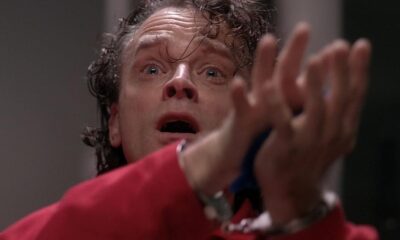
 News5 days ago
News5 days agoBrad Dourif Says He’s Retiring Except For One Important Role
-

 Strange and Unusual5 days ago
Strange and Unusual5 days agoMan Arrested for Allegedly Taking a Severed Leg From Crash Site And Eating It
-
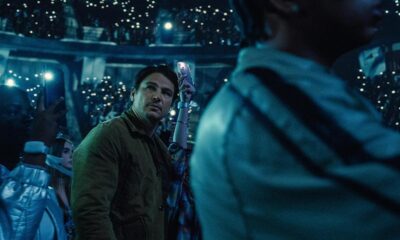
 Movies6 days ago
Movies6 days agoPart Concert, Part Horror Movie M. Night Shyamalan’s ‘Trap’ Trailer Released
-

 Movies6 days ago
Movies6 days agoAnother Creepy Spider Movie Hits Shudder This Month
-
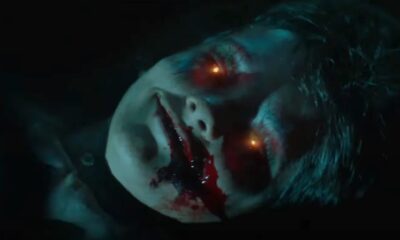
 Movies7 days ago
Movies7 days agoRenny Harlin’s Recent Horror Movie ‘Refuge’ Releasing in U.S. This Month
-
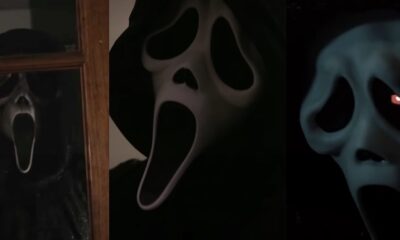
 Editorial5 days ago
Editorial5 days ago7 Great ‘Scream’ Fan Films & Shorts Worth a Watch
-
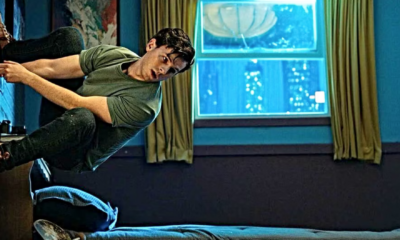
 Movies4 days ago
Movies4 days agoSpider-Man With a Cronenberg Twist in This Fan-Made Short
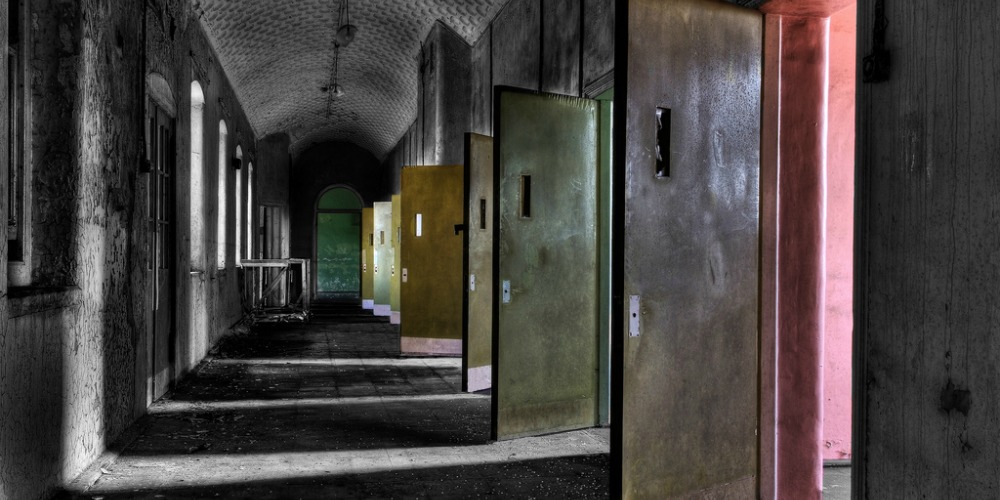
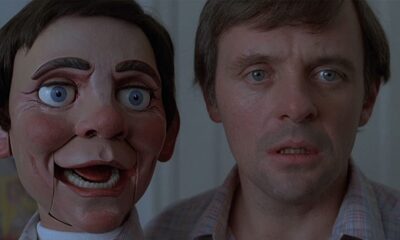

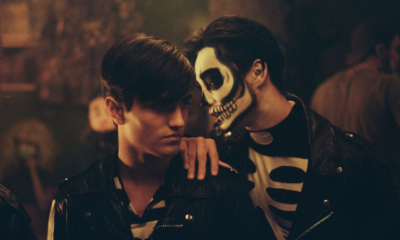


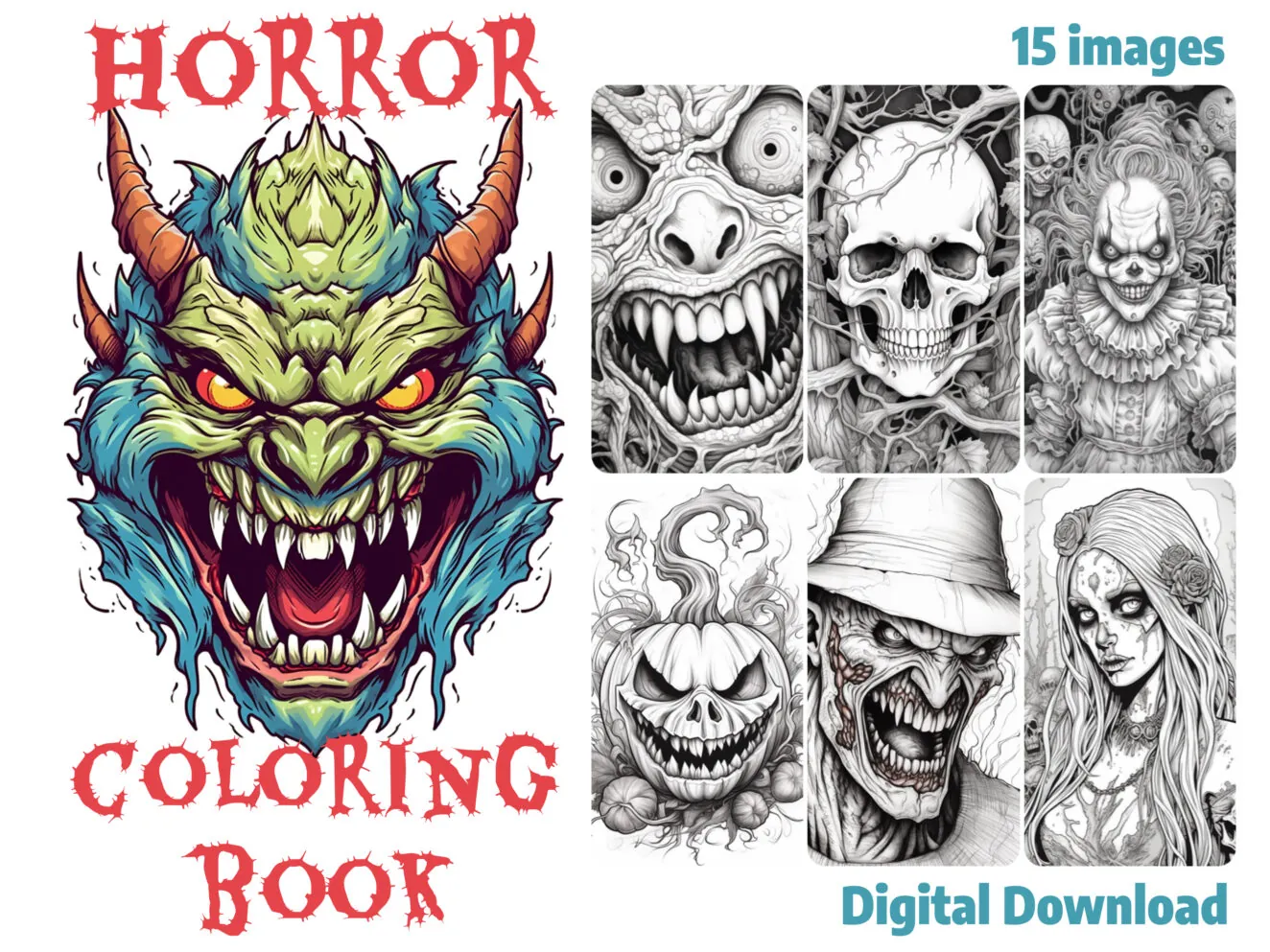
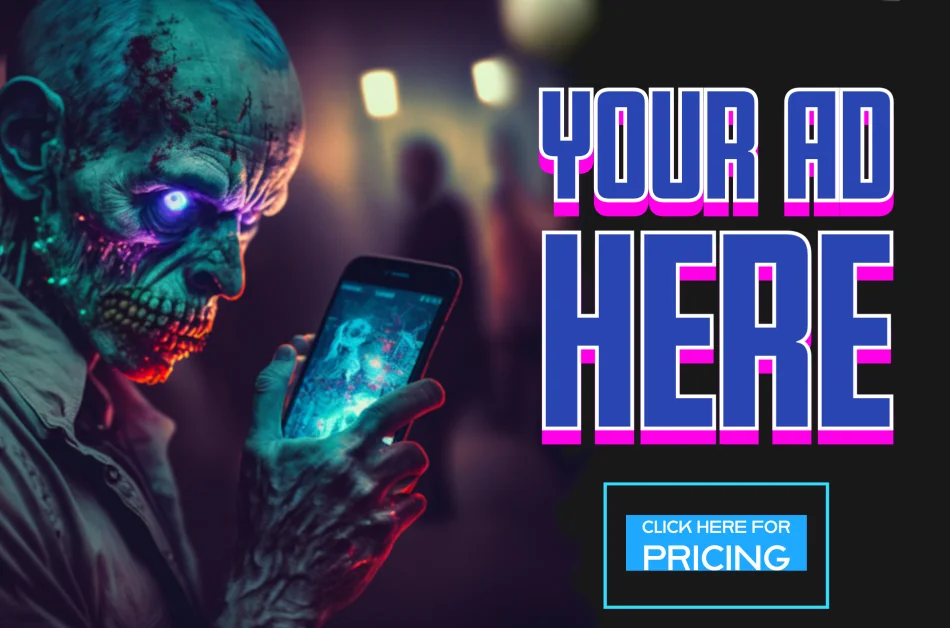


















You must be logged in to post a comment Login